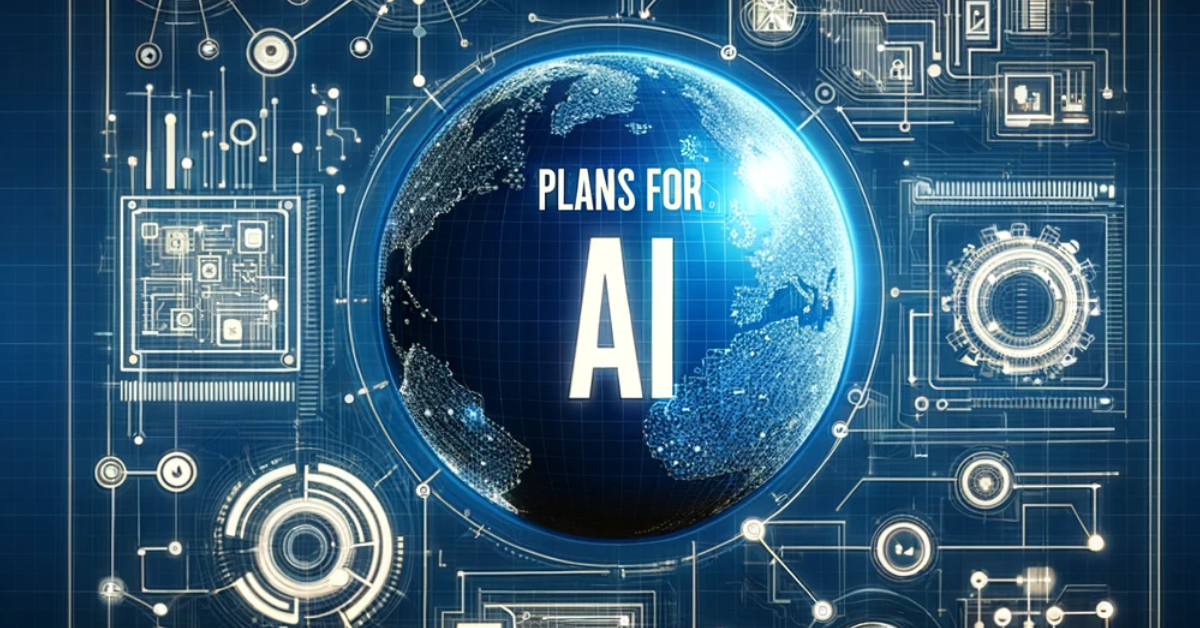Germany, aiming to elevate its Artificial Intelligence (AI) prowess, unveiled a comprehensive AI action plan. Announced by the Federal Ministry of Education and Research, this initiative seeks to position Germany alongside AI giants like the US and China.
Plan overview
The plan, presented on 7 November, pinpoints 12 key action areas. These include fortifying the AI value chain across both national and EU levels. It accentuates the synergy between education, science, and research.
The ministry commits €1.6 billion for AI development during the government’s current term. This fund will enhance 50 existing measures and introduce 20 new AI initiatives, spanning research, skill development, and infrastructure.
Research Minister Bettina Stark-Watzinger emphasized the role of European collaboration. “If we want to keep up with the US and China, our European partners are essential,” she stated. To solidify this cooperation, a high-level AI workshop is scheduled for January 2024 in Brussels.
A ministry spokesperson highlighted their ambition for Germany and Europe to lead in a world powered by AI. This plan operates independently from the EU’s AI Act, which regulates AI based on its potential harm. Stark-Watzinger underscored the necessity for clear, but not excessive, AI regulations.
German AI scene
Germany’s AI sector is booming, with a 67% increase in AI startups in 2023, totaling 508, according to the AppliedAI Institute for Europe’s study. These startups display remarkable resilience; only 42 failed in 2023. Berlin and Munich emerge as AI startup hotspots.
AI expert Bernhard Schölkopf notes the importance of Germany’s role in AI development. However, Stark-Watzinger points out that AI success stories in Germany, like Celonis, Aleph Alpha, and DeepL, are scarce. Only about 15% of German companies currently utilize AI.
Celonis, founded in Munich, develops AI for business process optimization. Aleph Alpha, a Heidelberg startup, focuses on language models for industry and administration. DeepL from Cologne competes with Google Translate and achieved a “unicorn” status with a valuation exceeding $1 billion.
The JUPITER supercomputer, operational in 2024, is another high-anticipation project. Designed for large-scale simulations and AI applications, JUPITER is expected to be 25 times more powerful than its predecessor. Munich and Stuttgart will introduce similar systems in 2025 and 2026, according to Thomas Lippert, head of the Jülich Research Centre.
Drawbacks
Despite the ministry’s explanation of the two-month delay in the plan’s presentation due to rapidly evolving AI trends, the private sector expresses dissatisfaction. Dirk Freytag, president of the German Association of the Digital Economy (BVDW), criticized the government’s approach as too compartmentalized for a technology that will transform society and the economy. He urged the active use of AI in ministries to catalyze AI projects.
Freytag concluded that while the action plan is a step forward, it falls short of being a significant milestone in Germany’s AI journey.
—
Get in touch with one of the PL Talents’ experts – we are the number one tech recruitment specialist in Germany.

